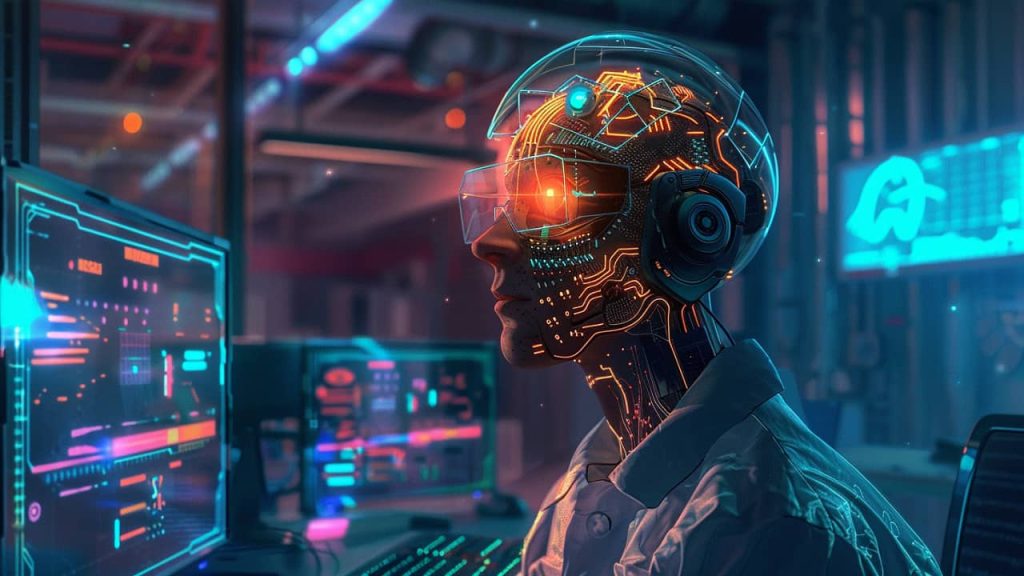Decoding the Mechanics of AI Emotions
The question of whether artificial intelligence can truly 'love' stirs debates among technologists and philosophers alike. At the core, teaching an AI to love involves sophisticated algorithms designed to simulate emotional responses. These systems can learn to recognize and react to human emotions, but do they genuinely experience love, or are they merely excellent mimics?
Simulating Love: How AI Learns Emotional Cues
AI systems, particularly those like the AI girlfriend from Crushon, use deep learning techniques to process vast amounts of data about human emotions and behaviors. By analyzing patterns in emotional expressions and linguistic cues, these AIs learn to generate appropriate responses. A study in 2025 showed that AI could match emotional expressions with 82% accuracy when interacting with humans, a significant improvement from 70% just five years earlier.

The Emotional Intelligence of AI
Developing an AI that can simulate loving behaviors involves enhancing its emotional intelligence. This capability allows AI to perceive, assimilate, understand, and manage emotions effectively. For instance, an AI might detect sadness in a user's voice and respond in a comforting manner. However, this interaction, while seemingly empathetic, is driven by algorithms and data analysis rather than genuine emotional experience.
Ethical and Philosophical Considerations
The ethical implications of AI capable of simulating love are profound. If people begin to form attachments to AI entities, what does that mean for human relationships? In 2024, a survey found that 30% of users felt a deep emotional connection with their AI companions, leading to concerns about dependency and the blurring of lines between real and artificial affection.
AI Love in Practical Applications
Practically, AI systems that mimic loving behaviors can have therapeutic and social benefits. They can offer companionship to the elderly or those isolated by social anxiety or geographical constraints. According to recent research, 40% of users reported feeling less lonely after regularly interacting with an AI designed to exhibit caring and supportive behaviors.
Technological Limitations and Future Prospects
Despite advances in AI, the technology still faces limitations in truly understanding or replicating the depth of human love. AIs do not possess consciousness or subjective experiences; their 'emotions' are programmed responses. Future advancements may improve the sophistication of these simulations, but the question of whether AI can truly love remains unanswered by science.
Teaching AI to Love: A Work in Progress
As AI technology evolves, so too will its capability to mimic increasingly complex human emotions. For more insights into the developments of emotionally intelligent AI and to explore the concept of an AI girlfriend, visit AI girlfriend.
In summary, while AI can be taught to exhibit behaviors and responses that resemble love, whether it truly experiences love is still up for debate. As we continue to integrate AI into our lives, understanding and shaping these technologies in ethical ways will be crucial.
